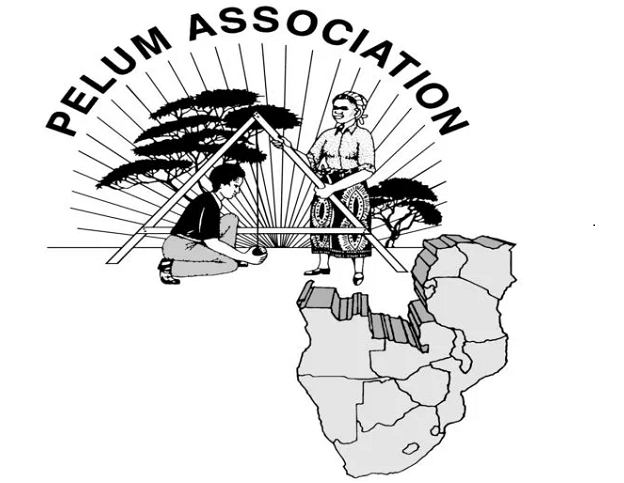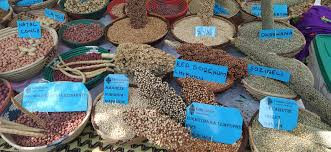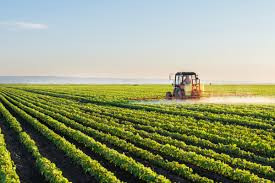
THE Participatory Ecological Land Use Management (PELUM) Association Zimbabwe has blamed competition from well-funded businesses and the prevalence of counterfeit agroecological produce for the reduction in participating local entrepreneurs.
PELUM Zimbabwe is an organisation working through member organisations to support small-scale farmers, with the aim of promoting sustainable livelihoods.
Agroecology is defined as an academic discipline, agricultural practice and movement that applies ecological principles to agricultural production systems.
Recently, PELUM hosted a two-day workshop focused on human resource and business management for agroecological entrepreneurs.
The training aimed to enhance participants’ understanding of business management, marketing and brand representation.
The workshop also included a national dialogue, providing entrepreneurs an opportunity to engage with government stakeholders on pressing challenges, including licensing and market access.
“Our agroecological entrepreneurs face significant challenges, including competition from well-funded businesses and the prevalence of counterfeit agroecological produce,” PELUM Zimbabwe programmes officer Farirai Jemwa told NewsDay Farming in an interview.
“Many consumers are unaware of these fraudulent products, leading them to purchase items that are not genuinely agroecological.
- Farmers urged to venture into agroecology
- ‘Competition, counterfeit agroecological produce curtails agroecological entrepreneurs’
Keep Reading
“This situation puts genuine agroecological entrepreneurs at a disadvantage, as they lack effective means to prove the authenticity of their products beyond their own claims.”
She highlighted how climate change had adversely affected agroecological entrepreneurs, who rely on smallholder farmers for raw materials.
“Climate change is impacting everyone and agroecological entrepreneurs are particularly vulnerable. For instance, some entrepreneurs source mopane worms from Gwanda and honey and fruits from Chimanimani and the Greater Region 1,” Jemwa explained.
“However, due to the El Niño-induced drought, rainfall has been insufficient this year. Consequently, the production of mopane worms has significantly declined compared to previous years.”
Lack of rainfall has also reduced the availability of nectar and pollen-producing plants, negatively affecting bee colony development and honey production. As a result, agroecological entrepreneurs are experiencing reduced production and income.
Existing laws and regulations surrounding licensing and registration further compound these challenges.
“We call on the government to implement more lenient regulations for agroecological entrepreneurs,” Jemwa said.
“Such measures will enable them to operate legally in the market, fostering a more sustainable and resilient agricultural sector that can better withstand the effects of climate change.”
She also emphasised the need for assistance in obtaining product certifications, which enhances the credibility of agroecological offerings and help to distinguish genuine products from counterfeits.
“Certifications will create dedicated markets for agroecological products, fostering transparency and ensuring that consumers can trust the food they purchase,” Jemwa said.
“By investing in these entrepreneurs, we can promote a healthier food system and safeguard consumer interests.”
PELUM Zimbabwe continues to support agroecological entrepreneurs through initiatives like the National Good Food and Seed Festival, which provide a platform for showcasing products and connecting with new clients.
“The association also facilitates training sessions, exchange visits and dialogues with stakeholders to build the capacity of agroecological entrepreneurs in areas such as business management, brand development and market access,” Jemwa said.
“Our commitment is to help agroecological entrepreneurs to access opportunities they may have missed due to a lack of funding or awareness. We aim to enhance their networking capabilities and assist them in marketing their brands through various events.”
Through these efforts, PELUM Zimbabwe is working to strengthen the agroecological sector and promote sustainable agricultural practices that benefit both producers and consumers.











